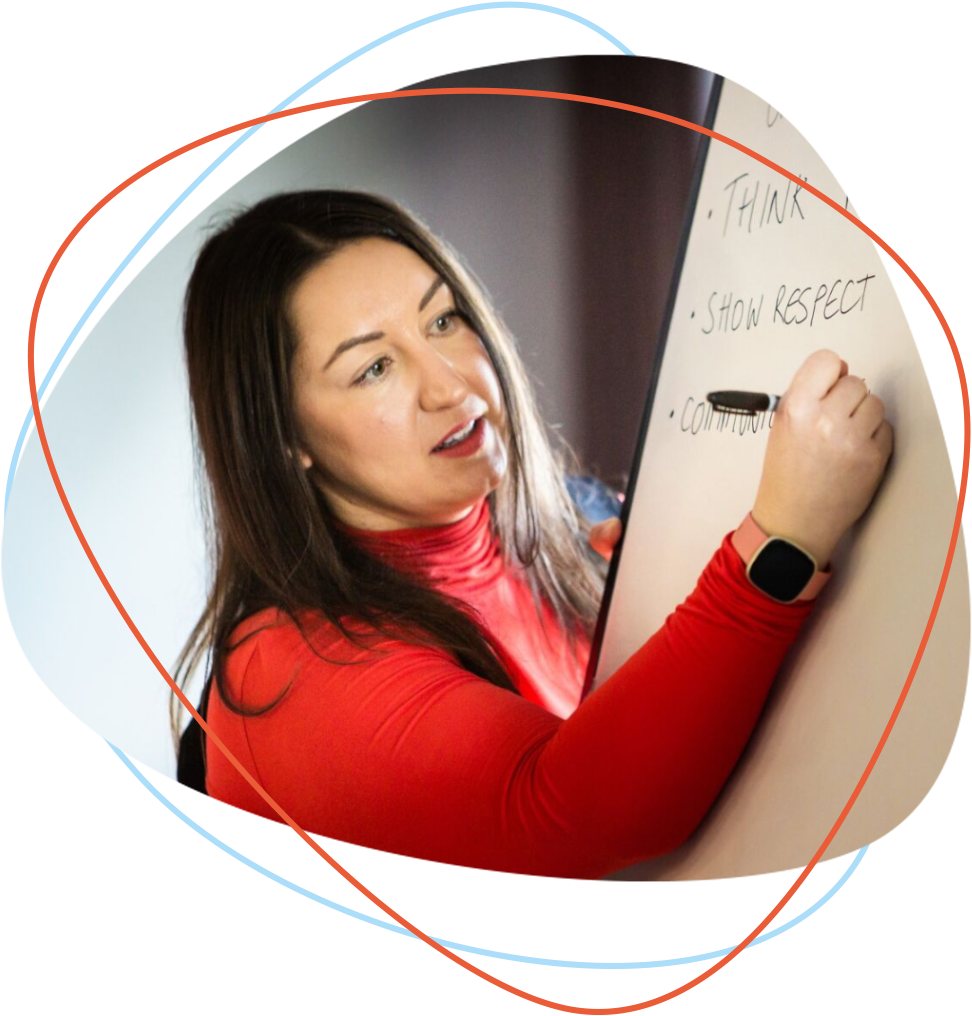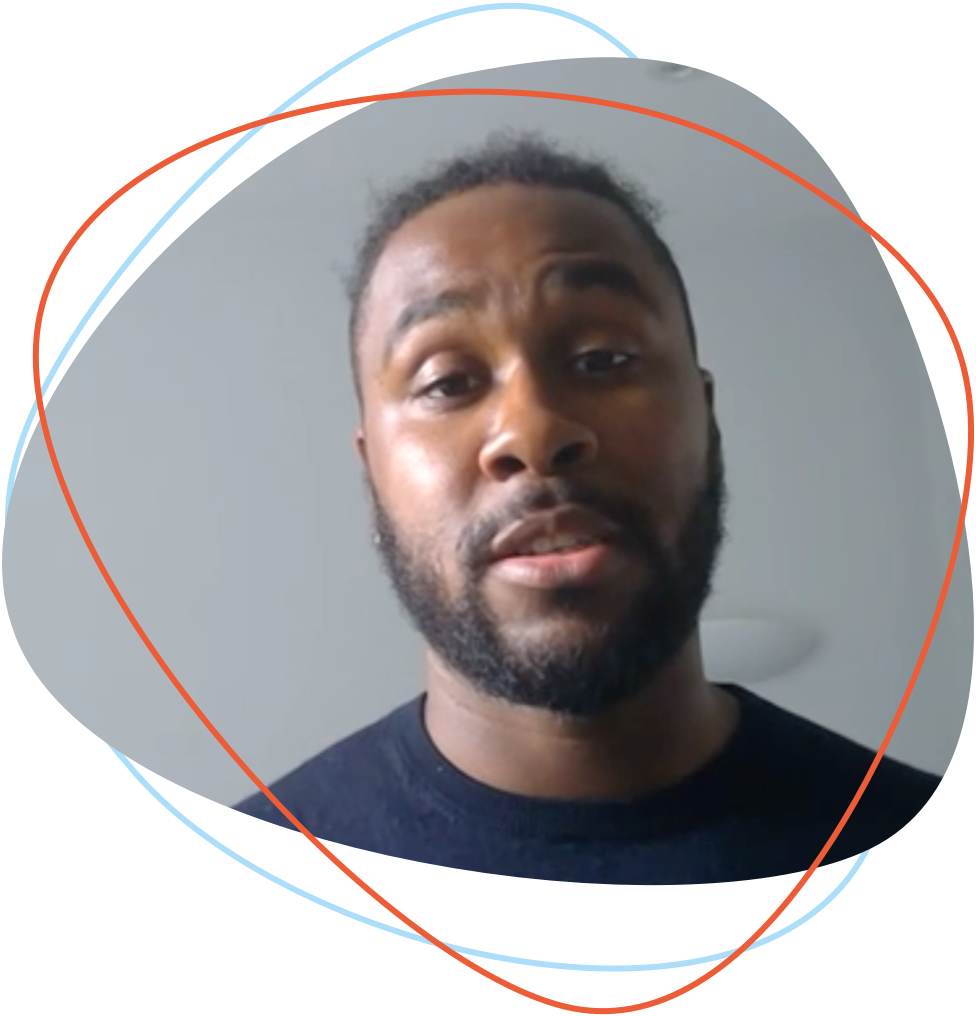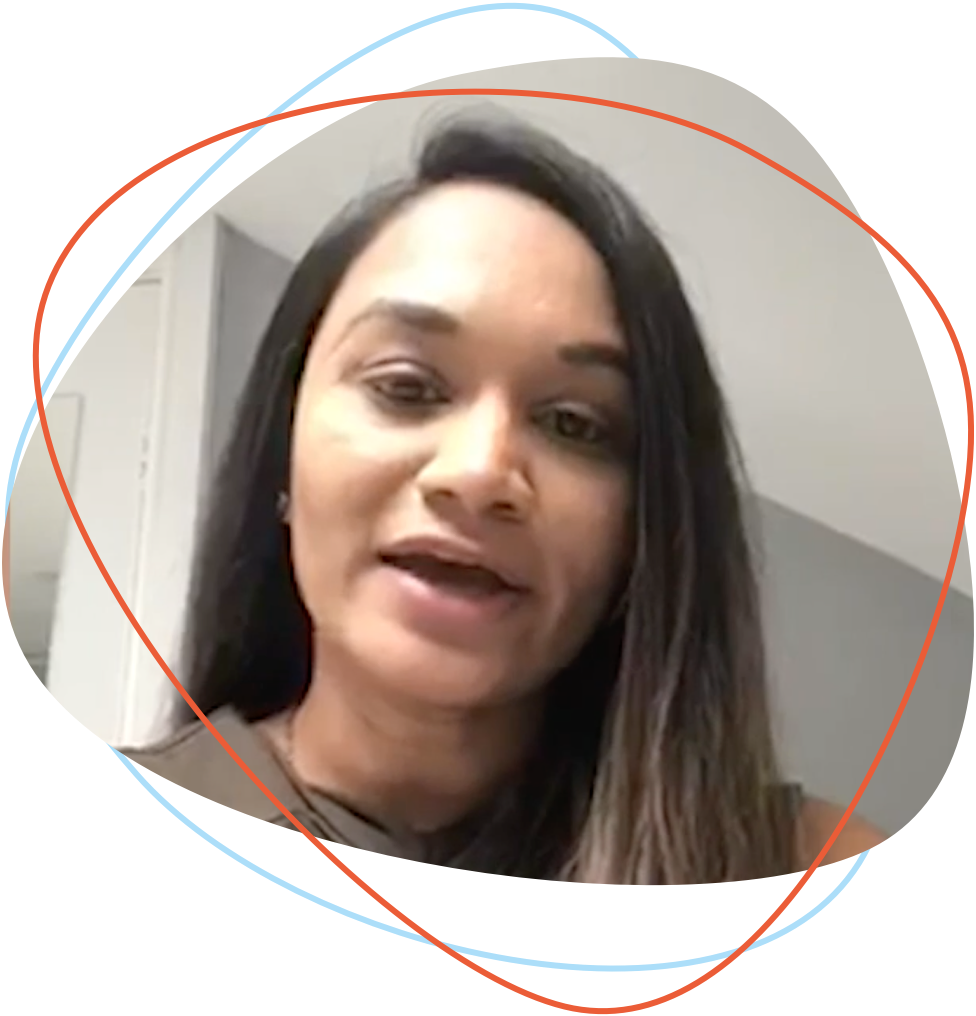There are endless things competing for our attention these days including checking social media, playing video games, finishing homework, meeting friends, spending time with family, working, helping with housework etc.
Whatever it is, we are constantly being distracted and pulled in different directions. It almost feels impossible to give something our full attention and get it ticked off our ‘to-do’ list. We have therefore put together a guide to help you prioritise and achieve more in your daily life.
Hear from our M&G colleagues

Track your time
It can be hard to improve your productivity without first knowing how you actually spend your time each day. Keep a diary and track what tasks you work on and how much time it takes to complete each of them. The results may surprise you! Once you have a clear picture on how you spend your time, reflect on the tasks. Can you reallocate your time? For instance, can you spend more time on things that you feel are important and less time on things that are less important?
Remember that studying and work should always be high on your priority list!
Limit phone time
Picking up your phone and quickly checking your social media can be a slippery slope, leading to hours of endless scrolling. When you need to concentrate, mute any notifications on your phone and turn it onto flight mode. You should then be able to complete tasks at a quicker rate and at a higher quality.
You could also download one of the many apps that actually reward you for your time spent away from your phone. It’s a win-win.
Plan ahead
At the end of each day, reflect on what you have achieved and then write a plan of action for the following day. This should make switching off at the end of the day easier, as you know what awaits you tomorrow and you know you have a clear structure for how to achieve it.
A routine will also help you stay positive in challenging times by giving you structure and a sense of normalcy.
Remember to leave some time in your plan for the unexpected, as well as time for the occasional reward.
Procrastinate productively
You may think that working every single second of the day would help you reach maximum productivity, but even the most disciplined of people struggle to stay focused 24/7 and will be tempted to procrastinate (i.e., to put off doing something).
If this sounds familiar, set aside time to complete small tasks that you can do when you are needing a welcome distraction from your main tasks. For instance, organising your workspace or answering texts within a set time-limit can be a great way to be productive during a break and then allow you to come back refocused for the task at hand.
Take a break
Sometimes, stepping away from a task is the most productive thing you can do. So, next time you hit a dead end, take a deep breath, walk away from your desk and do something that you find enjoyable. This will allow you to refresh, recalibrate and rethink your approach. The key is to find a healthy balance to avoid burnout without compromising on productivity.
Find the fun
There are times when we all have to do tasks that we may not find the most interesting, both in school and in the world of work. However, it’s usually possible to find ways to make every task fun.
Perhaps you could work through the task with a friend or colleague, or listen to a podcast while tackling the ironing! Whatever it is, small adjustments can make a big difference and help you find the fun in even the most menial of tasks. And remember, regularly give yourself rewards to celebrate your hard work and help keep yourself motivated.
So, what now?
The activities below have all been designed to help you get fully ready to take your next steps - whatever pathway you choose to take. Each set of activities ranges from a short activity which should take no more than 30 minutes, through to portfolio activities, which are longer, project-based tasks. The more time you spend on each activity, the more you'll get out of it, but you should be able to find something each week to fit into your schedule.
Why not start with the short activity first and then work your way through the remaining activities until you’ve completed them all?
Short activity
Create a mind map of things you could do in place of spending time on your phone or other devices.
-
Think of small activities, such as taking short breaks to exercise or to learn a few words of a new language each day or organising your workspace.
-
Mind map how you can fit these into your day to make your procrastination more productive.
As a next step, start implementing one of these new habits every day for a few days and write how you feel having done it. Some alternatives will work better for you than others to keep you productive, and this is a good way of testing what suits you best!
Main activity
Create what you think is an accurate breakdown of how you spend your time on an average day, including time that you spend relaxing and checking social media.
Many smartphones have a “screen time” feature, which you could utilise for this.
- Write how long you think you spend on each activity throughout the day (e.g., 7 hours sleeping, 30 minutes getting ready in the morning, 20 minutes checking social media first things etc.), and then reflect on how you could better structure your time to be as productive in your day as possible.
Use this to structure your week ahead and make any changes that you see fit. The key is to use your time as efficiently as possible, not to increase the hours you spend awake/working. This will help you learn how to be more productive with your time, which will prove invaluable when you enter the world of work.
Portfolio
Set some time aside at the end of each day to note down when you felt most productive.
- Include how, when and where you felt productive during that day.
It is normal to experience feeling productive at different times to other people and keeping a note of when you felt most focused will help you see your patterns of productivity.
If you don’t want to write this down, maybe record as voice notes on your phone at the end of the day. You may find you work well as an early-bird or alternatively in the afternoon and evening!
PSHE lesson
Ask students to work alone or in pairs. Imagine they have won a sum of £10,000 on the lottery.
-
Have them write down what they would spend £10,000 on. When they have completed their list, ask for students to volunteer what they have spent their money on and why.
-
Now let’s re-imagine that instead of money, we’re talking about hours, minutes or seconds.
-
What happens when you approach time with the same kind of mentality as you do with spending money?
Thinking about time as a valuable asset can help students better manage their daily activities and encourage them to get the most out of their time – becoming more productive.




